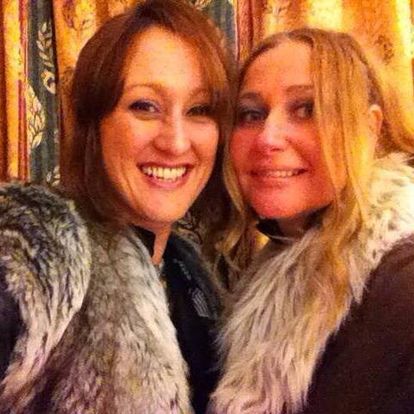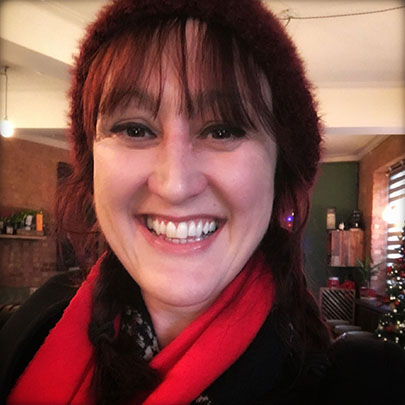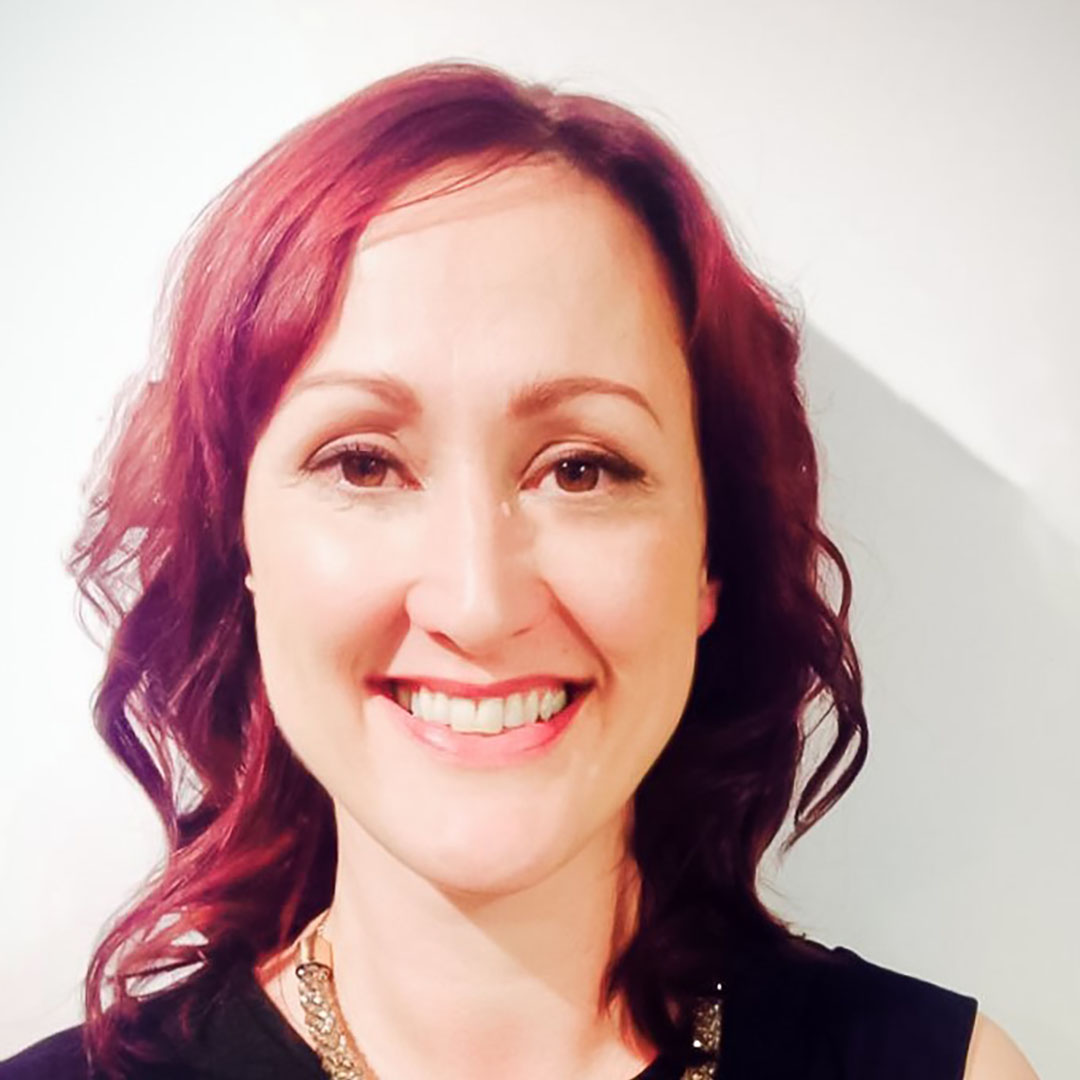Marie Ellis is the founder of money and lifestyle blog brokegirlinthecity.com Link opens in a new window, a guide to living your best life, even on a budget. She speaks openly about how she amassed £35k worth of debt and her journey to becoming debt-free. Marie shares her story on how you can also get out of debt by yourself and stay there.
It’s easy to get in, but hard to get out
Many of us start our debt journey at University. I was very resourceful, always taking on other jobs to make money, but then I would spend it. Being in debt was considered to be a way of getting through student life. It wasn’t until I moved to London that my debt snowballed. My first £5k loan was followed by additional credit cards, personal loans, refinance loans and then, the worst of them all…payday loans.
The ‘Broke Girl’ lifestyle

I rarely bought clothes or went on holidays. I got into debt because my outgoings far exceeded my income. I moved to London in my 20s and loved socialising with work colleagues or friends. However, special occasions and birthday meals used to fill me with dread, as I’d never know if my cards would be declined unless it was the first week after payday!
Over the years I amassed £35k of personal debt and by then I was just debt servicing over half of my salary each month, so half of my salary was going on debts each month, but mostly paying off minimum payments/interest rather than paying down the actual debt. Despite setting up an annual and monthly budget, I was broke from payday to payday. I just never seemed to have enough money to get through the month due to my debts. Where previously I had borrowed money from friends or family, payday loans filled that gap. Suddenly I could also pay for those life events which had formerly seemed so out of reach, but that experience was very short-lived.
My rock-bottom moment
Within a year, my payday loans spiralled out of control. Debt affects all aspects of your life. I couldn’t sleep and was incredibly stressed out. I remember sitting on the pavement near Topshop in Oxford Street, thinking, ‘I just can’t do this anymore’. I had written down a list of every company I owed money to, and that’s when I decided to phone them all up one by one. I negotiated a repayment plan with each of them, finally admitting to them and myself, that I no longer could keep up with the payments. I didn’t get up until I had agreed a plan with them all. And, largely by following the steps below, I stuck to that plan until I’d got back into the black.
You can be debt-free too!
In January 2018, I paid off the last instalment of my personal loan and became debt-free. That was a defining moment for me. I still must be careful not to run up credit cards and fall into bad habits. Being in debt has a detrimental effect on your whole life: your work, sleep, relationships, and mental health. I spent years in survival mode; not thriving, just surviving. However, overwhelming your circumstances may seem. YOU can get through it too.
How to become debt-free
Ditch the bad habits
Smoking, drinking and takeaways will all drain your funds. Getting out of debt is a lifestyle and mindset change. Try to stay disciplined and not slip back into old habits.
Educate yourself
Make it a priority to educate yourself about personal finance and money. Read personal finance blogs, look around for cheaper deals. Start looking at investing, as well as saving.
Budget
Every year I pull together a budget for the forthcoming year. I audit all my finances, looking at what I can spend on bills, rent/mortgage, debts. Set yourself a small ‘fun’ budget too.
Tackle your debts
Once you have audited your accounts (and credit cards), tackle your debts. Automate everything. You can try tackling the one with the highest interest first and then minimize other repayments or make a list and tackle the largest. If your total amount of debt is greater than your income, then seek out free expert debt advice from charities such as StepChange Link opens in a new window and Citizens Advice Link opens in a new window
Forgive yourself
Forgive yourself for whatever has happened before now. You may have been snappy to loved ones; borrowed lots of money. You may have made bad career and money decisions. That is all in the past. Forgive yourself and look to your future.
Reduce your spend
Streamlining your finances and reducing your non-essential spending can save you hundreds of pounds each year. Go through at least 6 months accounts and try to understand what is draining your funds. Chip away at your outgoings and use a spending app like me (the Virgin Money mobile app Link opens in a new window is packed full of clever tools to help you budget, top up your savings and sort out your spending) to track where your money is going each month.
Evaluate your life
It’s good to evaluate your life when on a debt-free journey. Are you stressed? Have you missed out on life events because of a lack of money? Think about what you want to change in your life, make a plan and stick to it.
Embrace change
Use this opportunity to make important changes in your life and embrace change. It might mean giving up luxuries in the short-term, but visualise how you would like your life to be like in the future. Then, go for it!
Being broke taught me 5 valuable lessons
- People who love you will be there for you at your lowest moments
- When you can’t afford to spend on non-essentials, don’t
- It’s incredible how much you can save over time by investing just a small amount
- Remind yourself how fabulous you are. Your situation doesn’t define you
- Take good care of both your mental and physical health – it’s important


